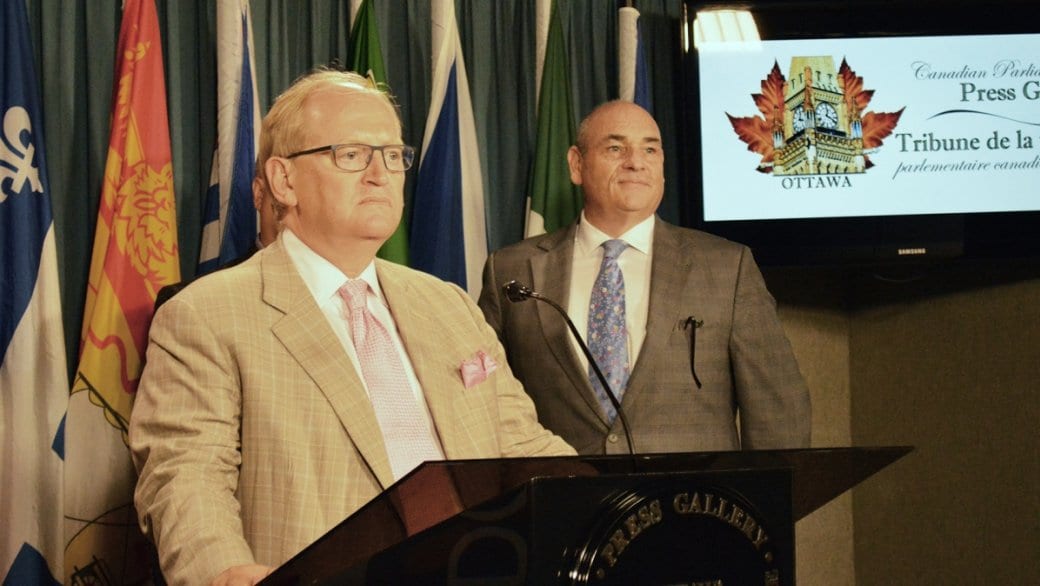Class-action lawsuits against the federal government’s purge of gay employees are proceeding, with increasing calls for an apology and compensation for fired ousted public servants.
This month, staff in some federal departments have been asked to preserve written, printed and electronic documents. The request, seen by Xtra, asks public servants to store any communications from June 27, 1969, onwards that “relate to or refer to sexual orientation, gender identity or gender expression” as well as employment records of people dismissed or harassed on those grounds.
Constitutional lawyer Douglas Elliott, who filed one of two class-action lawsuits in October 2016, says both are proceeding, with a court appearance scheduled Feb 10, 2017.
“We have told the federal government that they should be producing documents that may be relevant to the case,” Elliott says.
Elliott says that Justice Department lawyers say they prefer a settlement to court-ordered compensation.
“The discussions are at a very preliminary stage right now,” Elliott says. “We don’t know any of the details of what they’re prepared to do.”
The Liberal government’s special advisor on LGBTQ2 issues, MP Randy Boissonnault, wasn’t available for comment. “Our government is committed to working with the LGBTQ2 community to advance and protect their rights and address historical injustices they have endured,” Boissonnault’s constituency manager Brendon Legault told Xtra.
Elliott’s suit involves federal public servants and military employees fired due to their perceived sexualities. His suit is paired to a Quebec suit, because that province uses a different code law.
Meanwhile, Halifax lawyer John McKiggan filed another class-action suit on Dec 7, 2016 over discrimination of soldiers and military employees based on sexual orientation.
“You hear these people’s stories, and it’s difficult not to be moved by how traumatic these experiences were,” McKiggan says.
“Most Canadians, I think, have no idea that their government engaged in a concerted and systemic effort to discriminate, harass, intimidate and eventually terminate LGBTQ members” of the military and public service, he says.
McKiggan says he’s had straight soldiers come forward saying they witnessed anti-gay discrimination at work and now want to help the case.
Both McKiggan and Elliott expect all three cases to work together.
Elliott says he’s growing impatient, noting that outgoing US Secretary of State John Kerry formally apologized on Jan 9 for his department’s discrimination against its LGBT employees. “Canada is taking quite a while to get its act together, compared with other countries,” Elliott says.
“We’re moving in the right direction, but we’re moving at a glacial pace right now.”

 Why you can trust Xtra
Why you can trust Xtra


